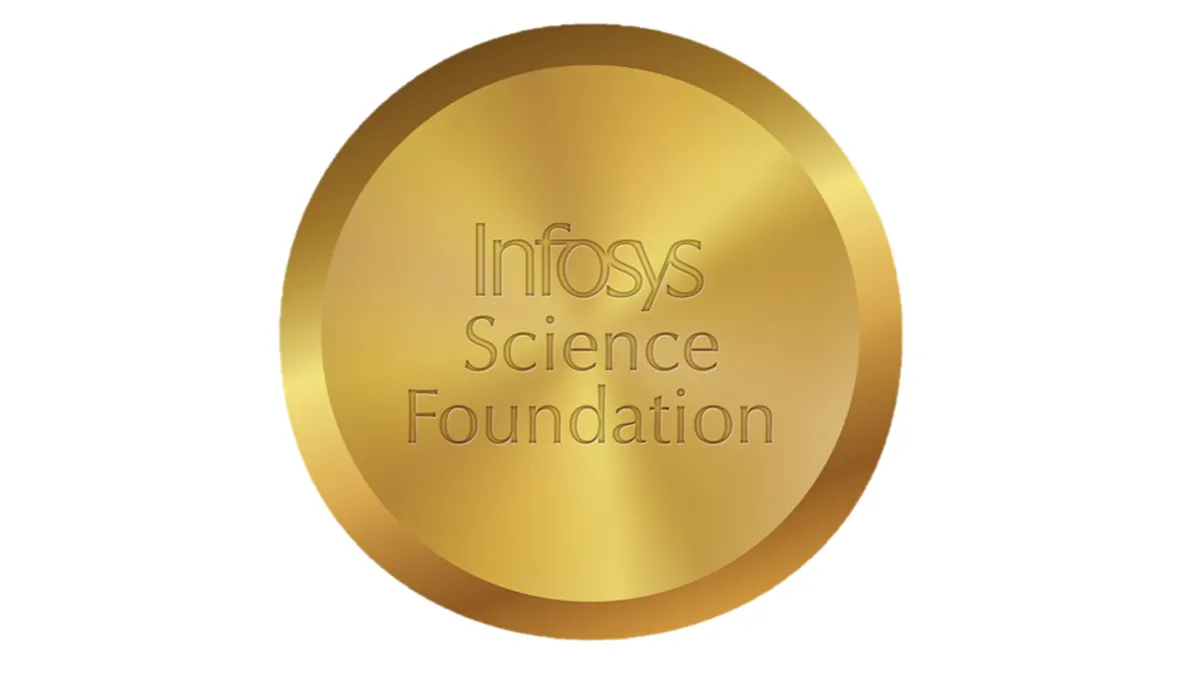Infosys Science Foundation announced the winners of the Infosys Prize 2023 on November 15
15 Nov 2023
News
The Infosys Science Foundation (ISF) on November 15th revealed the Infosys Prize 2023 recipients, two of whom are from Bengaluru. The Infosys Prize is awarded in six categories,: Humanities, Life Sciences, Mathematical Sciences, Physical Sciences, Social Sciences, and Engineering and Computer Science. Each category's reward consists of a $100,000 sum (or its equivalent in rupees), a citation, and a gold medal. On January 13, 2024, the prizes will be given out.
World-renowned scholars and specialists from across the globe made up the international panel of jurors that shortlisted 224 nominations to choose the recipients of the Infosys Prize 2023.
Sachchida Nand Tripathi, a professor at IIT Kanpur's Sustainable Energy Engineering (SEE) department, has been awarded the Infosys Prize 2023 in Engineering and Computer Science for her work deploying a large-scale sensor-based air quality network and a mobile laboratory for hyperlocal pollution measurement. She also generated and analysed data using artificial intelligence and machine learning to improve public awareness of air quality issues.
Jahnavi Phalkey, the founding director of Science Gallery Bengaluru, has been awarded the Infosys Prize 2023 in Humanities for her detailed understanding of the institutional, human, and material history of scientific research in contemporary India. Her book, The Atomic State, and other essays deftly weave together the anthropology of the postcolonial state and the worldwide history of science, particularly nuclear science, to reveal the complex and nuanced histories of science's day-to-day existence in India. Through his work, Dr Phalkey has emphasised the need of viewing the history of science as a history of power, practise, and the nation-state, rather than just a history of scientific ideas.
Arun Kumar Shukla, a professor at IIT Kanpur's Department of Biological Sciences and Bioengineering, has been granted the Infosys Prize 2023 in Life Sciences in recognition of his exceptional and extensive contributions to the field of G-protein coupled receptor (GPCR) biology. Thanks to Prof. Shukla's research, a new understanding of GPCRs—one of the most significant classes of pharmacological targets—has been formed. His approach has created hitherto unexplored opportunities for creating cutting-edge and potent treatments.
Bhargav Bhatt, a Fernholz Joint Professor at Princeton University and the Institute for Advanced Study, is the recipient of the Infosys Prize 2023 in Mathematical Sciences for his exceptional and seminal work in commutative algebra and arithmetic geometry. In the field of prismatic cohomology, which lies at the core of pure mathematics, Prof. Bhatt's collaborative work with German mathematician Peter Scholze presents fresh concepts and effective techniques.
In appreciation of his ground-breaking work in evolutionary cell biology, Mukund Thattai, a professor at the National Centre for Biological Sciences (NCBS), Bengaluru, has been awarded the Infosys Prize 2023 in Physical Sciences. He specialises in biochemistry, biophysics, and bioinformatics.
Physicist Prof. Thattai studies the emergence of intricate cellular organisation from microscopic disarray. His research may have a significant impact on one of biology's great mysteries—the evolution of sophisticated cells from primitive ones. He is one of the forerunners in the field of life physics.
Karuna Mantena, a professor of political science at Columbia University, is the recipient of the 2023 Infosys Prize in Social Sciences for her seminal work on the theory of imperial rule and her contention that the late imperial ideology played a significant role in the development of contemporary social theory. With ramifications for all social sciences, her book Alibis of Empire and associated works are seminal works in political philosophy. Her work clarifies that the 1857 Indian rebellion, which precipitated a drastic change in imperial policy, was not merely a reaction to this horrific incident; rather, it was a new ideology of indirect imperial rule, skillfully crafted by the clever conceptual work of thinker-administrators like Henry Maine.
